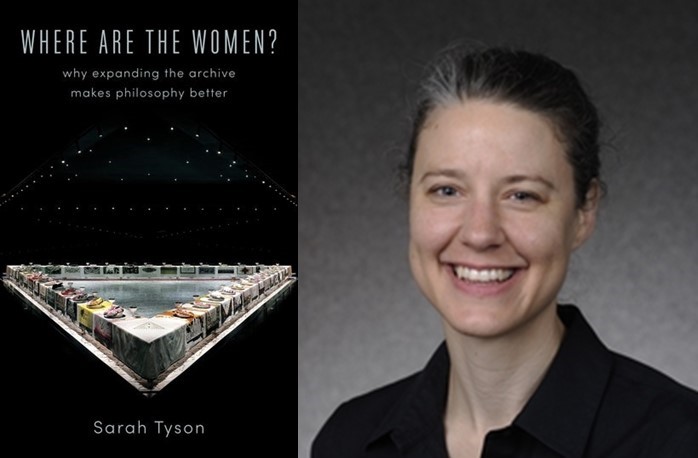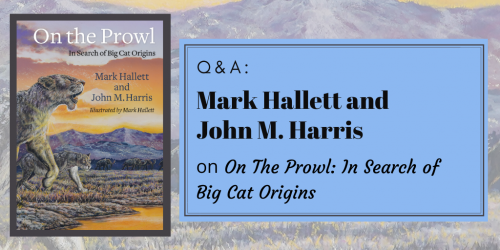John Calvert on Sayyid Qutb
On Rorotoko, John Calvert. author of Sayyid Qutb and the Origins of Radical Islamism, offers a fascinating discussion of the subject of his book and his ambitions in writing the book.
While recognizing the faults of Qutb’s fundamentalist thought, he also challenges many preconceptions Westerns have regarding his role as a progenitor of Osama bin Laden and the tactics and beliefs of al Qaeda. Qutb, Calvert suggests, would have rejected the use of indiscriminate violence. While Qutb decried the influence of Western secularism in the Islamic world and challenged the legitimacy of secular regimes in Muslim nations, he also looked to Islam to restore “a sense of religious meaning to an immoral and disenchanted colonial world.”
Calvert also describes his critical but empathetic approach to Qutb, which emphasizes his contemporary context of Nasser-led Egypt as well as his own emotional state and his simmering discontent regarding the state of the Islamic world.
Calvert concludes the piece by addressing what’s at stake in his book and the risks of relying on our assumptions about Qutb and his impact on radical Islam:
And if some students of the jihad are careful to situate Qutb correctly in relation to al-Qaeda, still they often consign him to the position of opening act. Rarely do observers of the Islamist scene address Qutb’s singularity.
Herein lies a lesson. In resorting to short cuts, we pass over a history that is as nuanced as any other. We run the danger of succumbing to a “neo-Orientalist” style that subordinates particulars to an essential and enduring identity, and that ignores complexity in favor of simplicity.
It is this kind of essentialist thinking that has led some to posit a “clash of civilizations,” or to consider all Islamist movements as identical in terms of aims, strategies and tactics. There is a great deal of ideological and organizational difference, for example, between the Muslim Brotherhood and the groups inspired by al-Qaeda.
Researchers need to study Islamist thinkers and movements on their own terms, with reference to their distinctive environment and concerns. Only by regarding Islamist discourses as flexible and historically contingent will we, as outsiders to the phenomenon, comprehend the various challenges put forward by Islamists in the contemporary period.
For this reason, I chose in the book to situate Sayyid Qutb firmly in his Egyptian environment, examining the evolution of his ideas with reference to the tumultuous events of the time.




